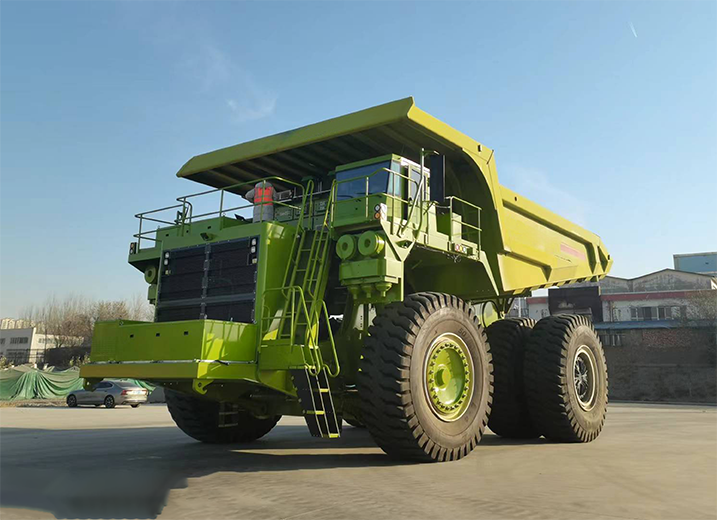Introduction
Hybrid vehicles provide a twofold advantage: they reduce carbon emissions and generate financial savings by eliminating the need for charging infrastructure, thereby minimising initial costs. Over time, this innovation is expected to lower the total cost of ownership, extend engine life, and enhance overall operational efficiency. As part of a strategy to decarbonise haul truck fleets, Alta and NHL (China’s largest OEM) collaborated to retrofit the NHL NTE260 model with a hybrid system.

Project Information
The project trial took place at Baiyun Iron Mine, China (Baogang Group), a demanding environment that tested the NTE260’s resilience and performance.
Battery Technologies
The battery system is connected via six 150 kW DC/DC converters in parallel, providing robust energy management and seamless hybrid operation. Alta’s agnostic approach to battery chemistry allows for customised solutions based on client preferences and operational needs.
Resilient Build
Designed to thrive in extreme conditions, the NTE260 operates efficiently across a temperature range of -20℃ to +60℃ and at altitudes of up to 2,500 metres. Its construction is built to endure the harshest of mining conditions
Trial Outcomes
The initial six-month trial delivered an approximate 20% reduction in fuel consumption and emissions, with expectations for further improvements.
Depending on the mine profile and battery integration, fuel efficiency could improve by up to 30%.
Future Implications
The NTE260 hybrid retrofit project signals a significant advancement in mining haul truck technology, offering a practical and scalable path to decarbonisation.
Alta’s ongoing work with industry leaders like NHL continues to push the boundaries of innovation, contributing to the global drive toward net zero emissions by 2050.